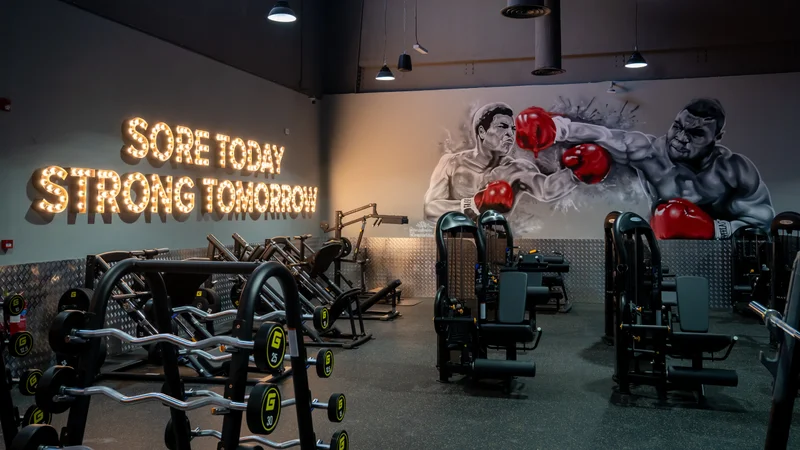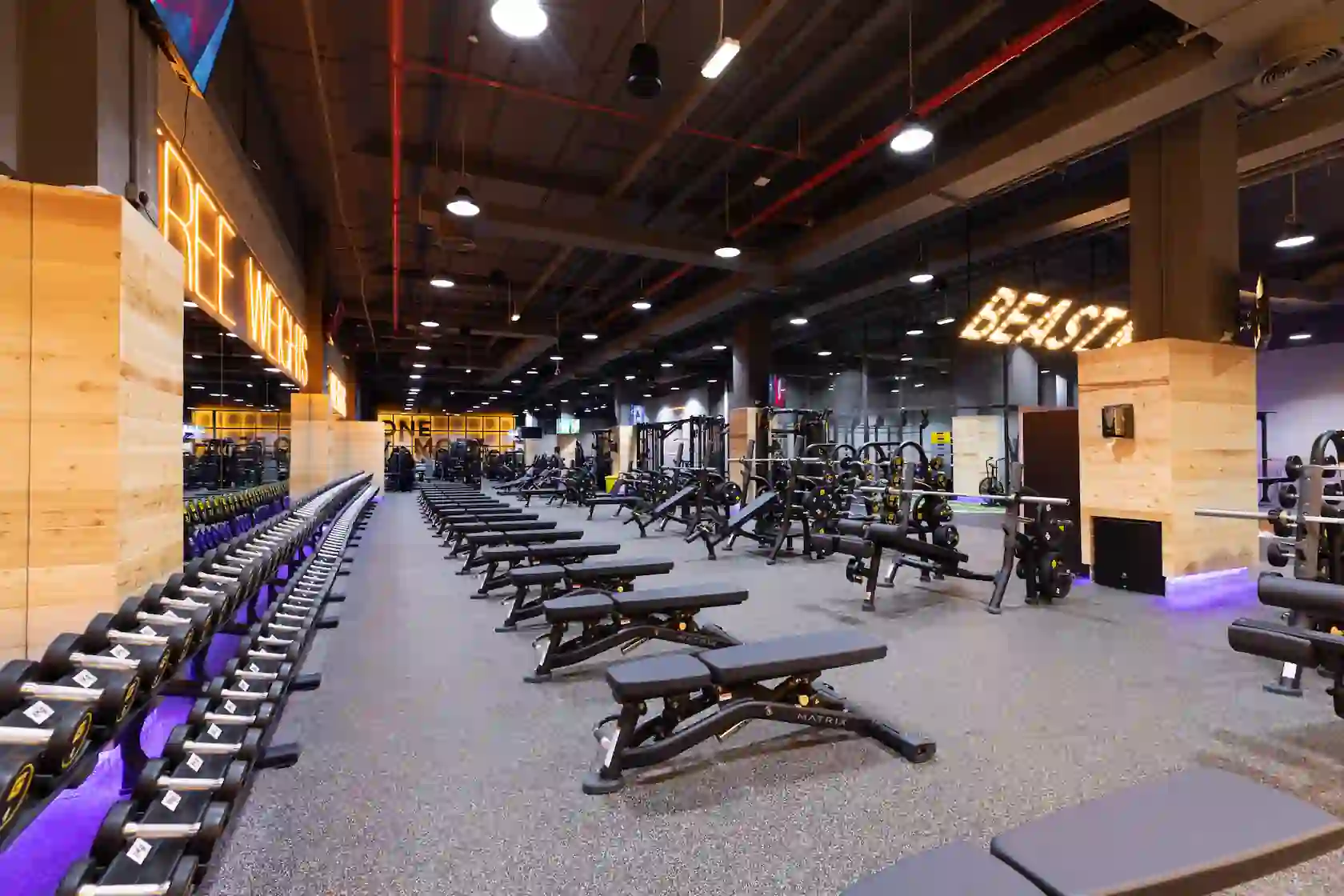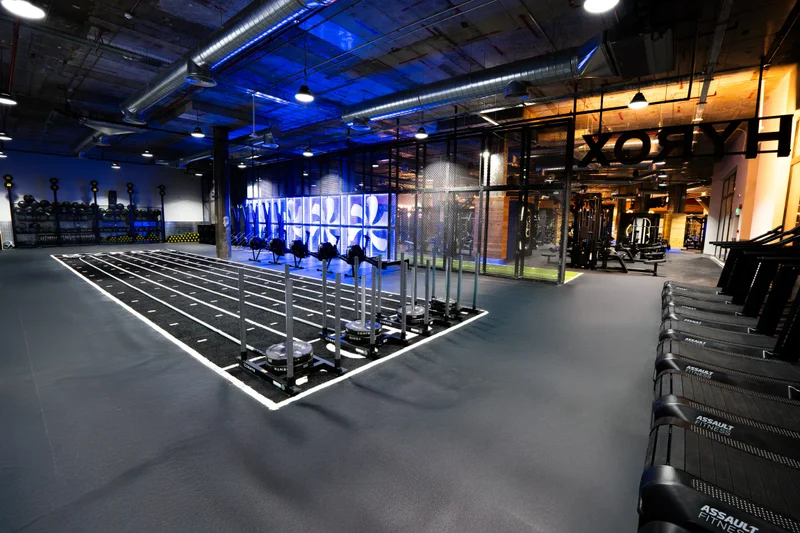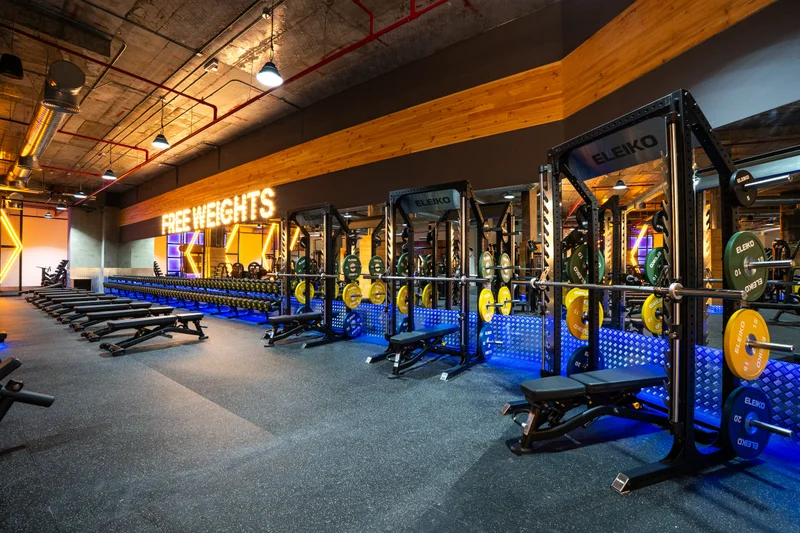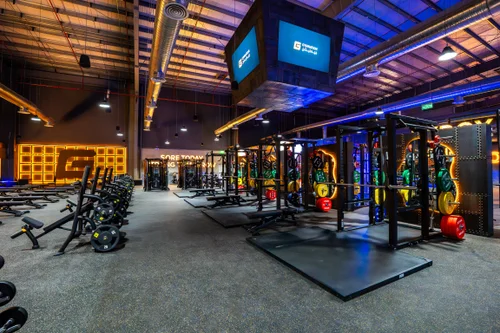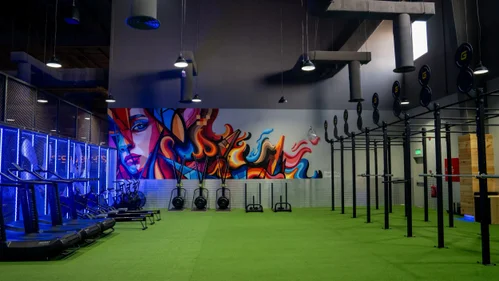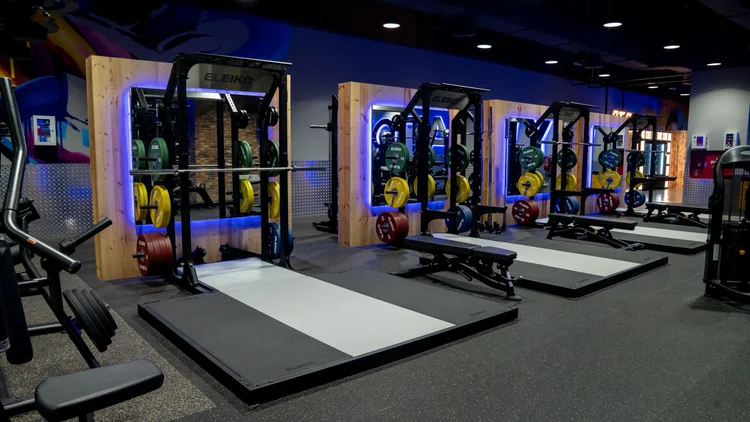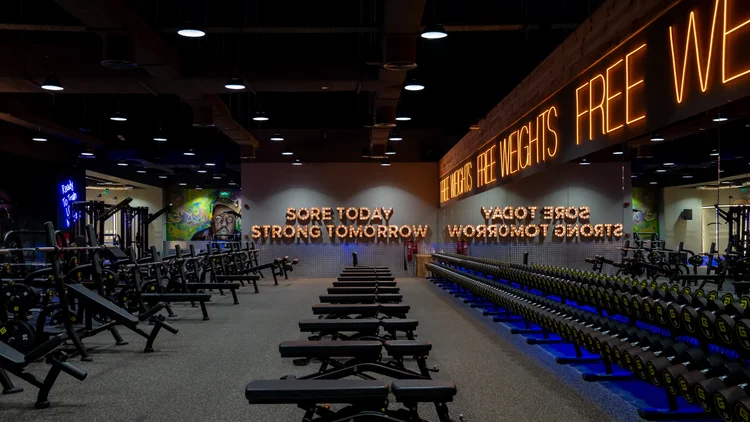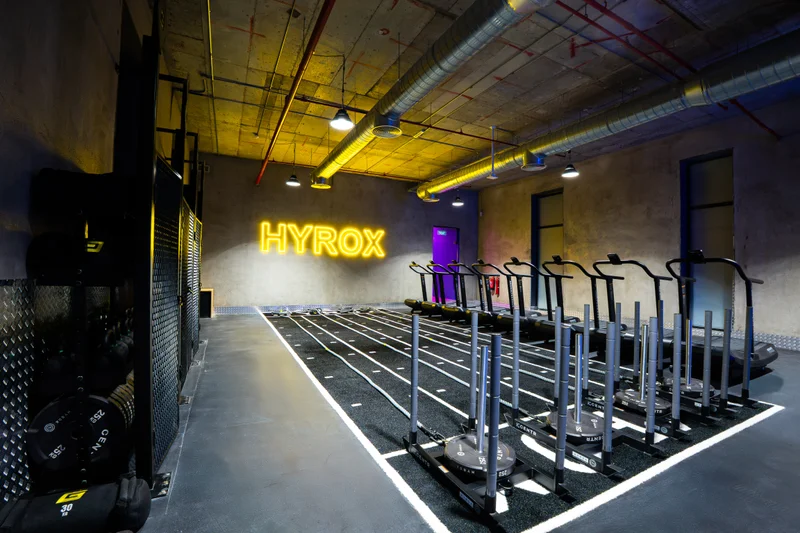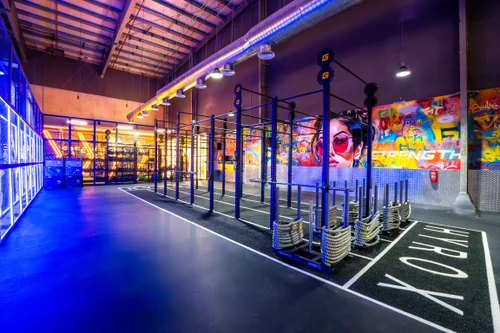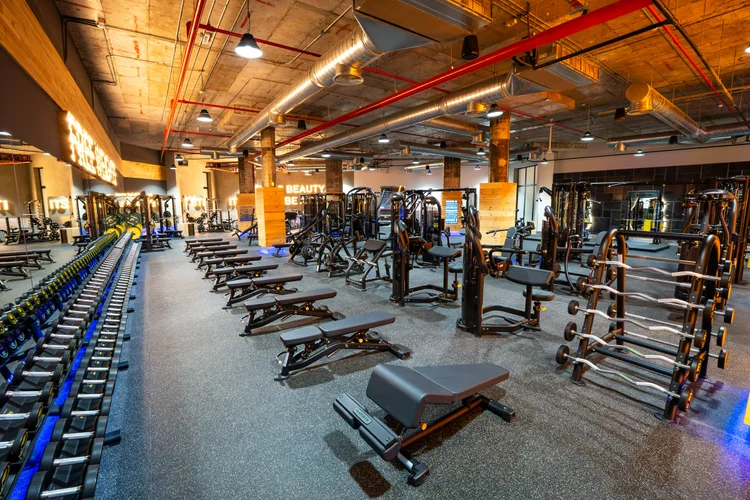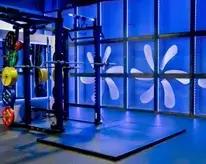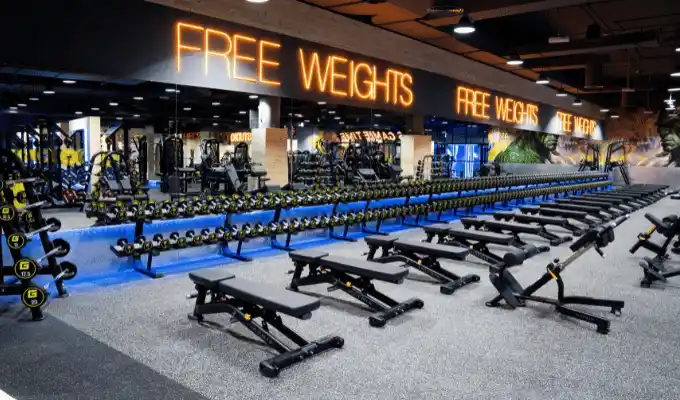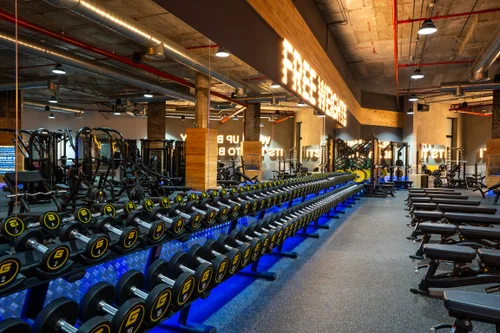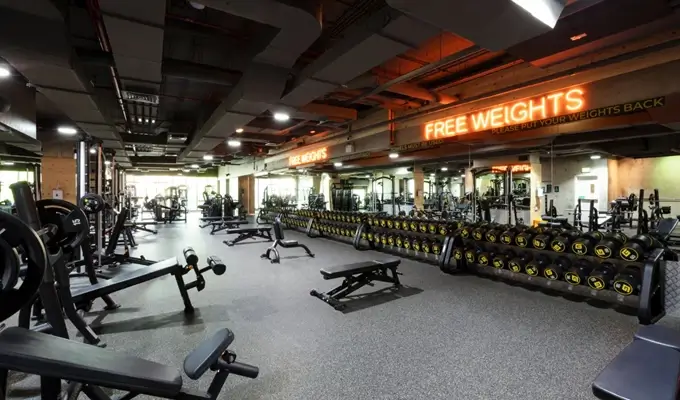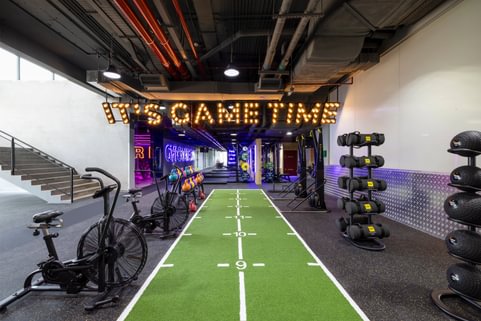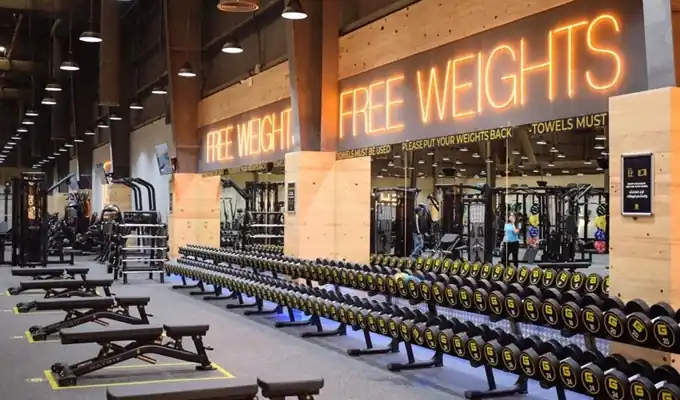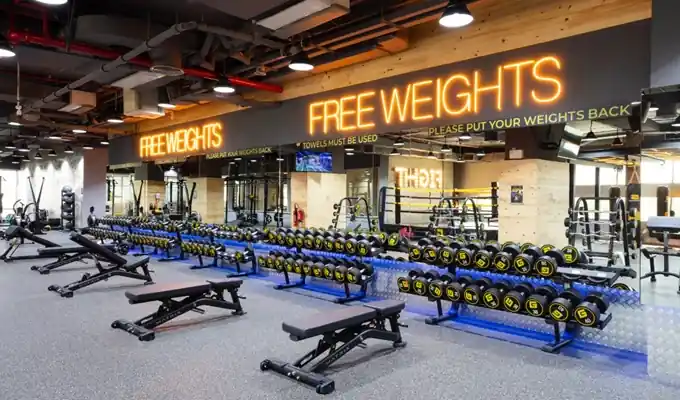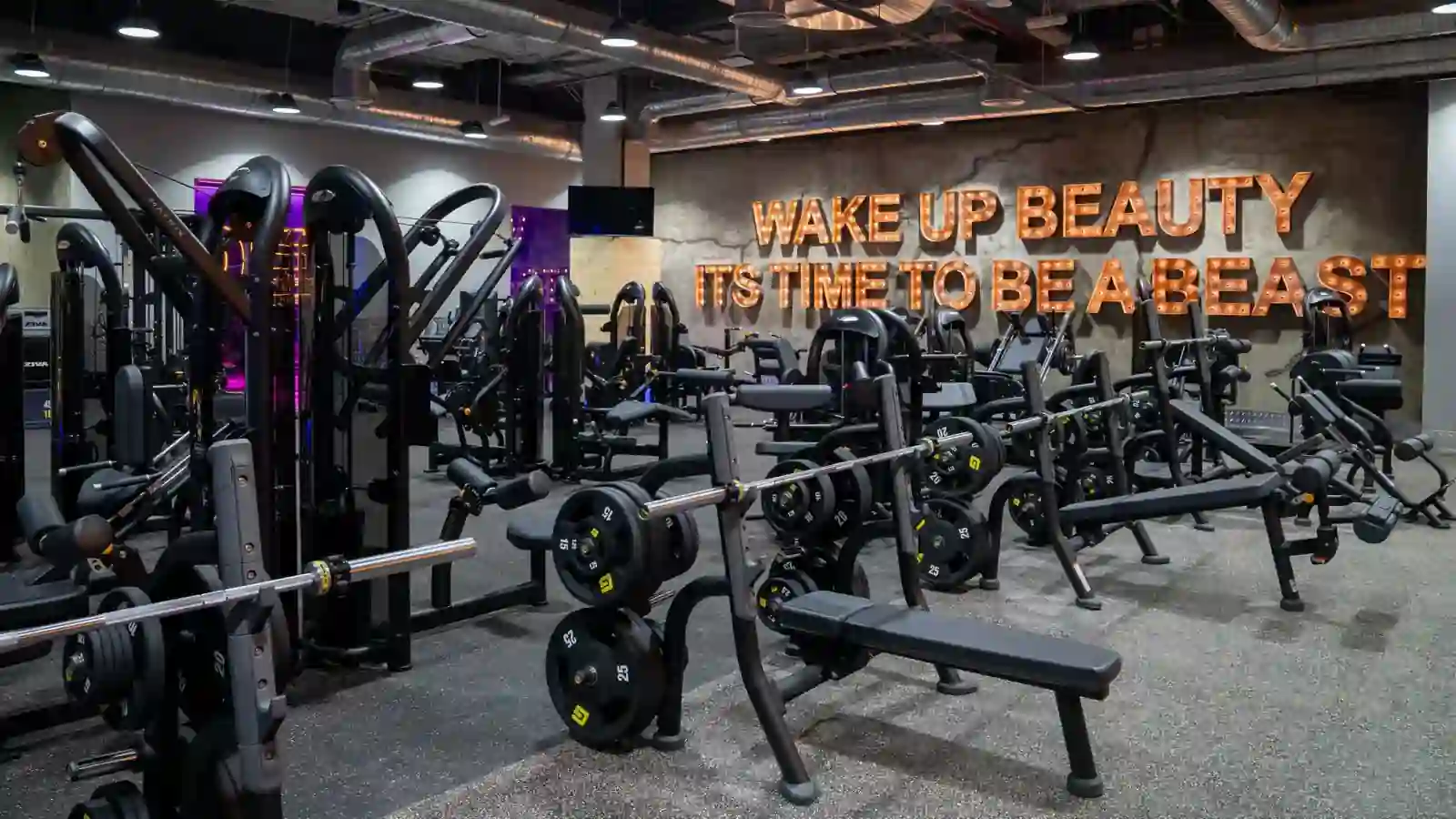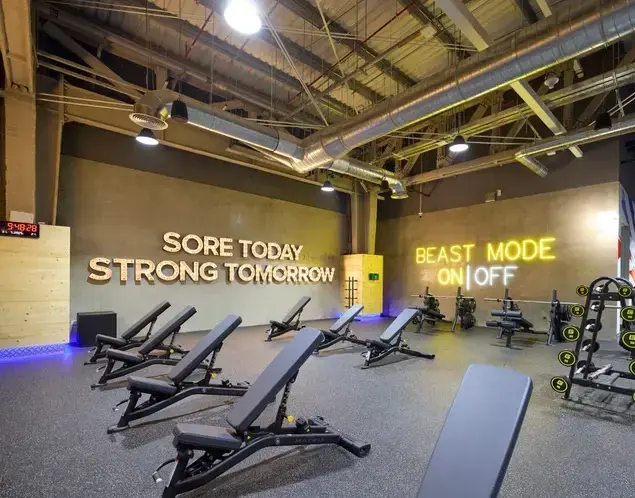Building Lifelong Protein Habits That Actually Stick

SIGN UP FOR YOUR FREE DAY PASS TODAY!
Protein has earned its superstar status in fitness circles for good reason—it's essential for building muscle, supporting bone health, and maintaining steady energy levels.
While protein's importance for overall health is well-established, there's a crucial aspect many people overlook: sustainability.
Your protein intake strategy needs to work for decades, not just a few months.
The goal is to create natural dietary habits that seamlessly integrate into everyday life, transforming protein from a daily chore into an automatic choice.
So how do you make protein intake feel instinctive rather than forced?
Fitness coach Raj Ganpath, who regularly shares practical fitness advice with his Instagram community, recently tackled this exact challenge.
In an August 20 post, he outlined five strategies to make consistent protein consumption sustainable over the long haul.
What's your go-to workout time?
1. Make Protein Non-Negotiable in Every Meal
The foundation of sustainable protein intake starts with making it an integral part of every meal—not an afterthought or addition, but a fundamental component of whatever you're eating.
"Make sure every meal you eat contains some form of protein," Ganpath explains. "What protein doesn't matter, how much doesn't matter—just make sure there is some form of protein in any meal that you eat."
This applies universally, regardless of where or when you're eating. "It could be breakfast, lunch, dinner, snack at home, outside in your city, outside your city, does not matter—make sure it is a part of your meal," he emphasizes.
The key is consistency rather than perfection.
Read Also: The 5-Minute Post-Meal Trick That Naturally Controls Blood Sugar
2. Discover and Embrace Quality Protein Sources
Once you've committed to including protein in every meal, the next step is identifying the best sources for your dietary preferences and restrictions.
"Identify protein sources that are actually rich in protein, based on your dietary constraints and make them a part of your day," Ganpath advises.
"For instance, if you are a meat eater, eggs, meat, seafood—all that is great. But if you are a vegetarian, you need to eat low-fat cheeses, tofu, tempeh, soy chunks, things like that."
He acknowledges that this might require stepping outside your comfort zone: "You may not be used to it, but try to identify them and include them, get used to them."
This advice is particularly relevant for vegetarians, especially in Indian cuisine, where protein sources are often limited to pulses, which may not provide adequate amounts.
Expanding your protein repertoire with foods like tempeh and tofu, even if they're unfamiliar, can make a significant difference.
3. Integrate Protein Into Your Meals, Don't Just Add It On
Many people treat protein like medicine—something unpleasant they need to get through before enjoying their "real" meal. This approach is a recipe for failure.
Ganpath identifies this common mistake: "Make these protein-rich options a part of your meal, not just a side where you are force-fitting it into your meal.
That means don't create a protein-free meal and then have protein on the side and think okay, I just have to somehow eat the protein, then I can enjoy my protein-free meal."
Instead, he suggests a more integrated approach: "Try and make it a part of the meal, how do you include it in the recipes—that is the only way to make it a part of your life in the long term."
For example, rather than choking down boiled eggs alongside your regular breakfast, try making egg bhurji with vegetables to pair with your ragi roti. This way, protein becomes part of a delicious, cohesive meal.
Read Also: Aligning with the Ayurvedic Clock: A Guide to Dinacharya
4. Use Supplements Strategically When Needed
Despite careful meal planning, you might still fall short of your protein goals. That's where supplements come in—and Ganpath says there's no shame in using them.
"If you are doing the first three steps and you are still not getting enough protein, you most definitely should supplement.
This is precisely why supplements exist. So don't fight it. Don't overthink it. Try to get protein from real food—if you are not able to, supplement wisely."
Supplements should complement, not replace, a protein-rich diet. They're tools to help you reach your goals when whole foods alone aren't enough.
5. Track Periodically, Don't Obsess Daily
While awareness of your protein intake is important, turning it into a daily obsession can become counterproductive and unsustainable.
"You should know how much protein you are getting. It is important because you are not getting enough of it, so maybe once a month or once in two months, do a breakdown and understand how much protein you are getting in grams," Ganpath suggests.
"But don't get into the habit of counting protein grams every day."
He recommends focusing on structure over numbers: include protein in every meal as a habit, then check your overall intake every couple of months rather than tracking obsessively every day.
The Long Game
Building sustainable protein habits isn't about perfection—it's about creating systems that work for your lifestyle and preferences.
By making protein a natural part of every meal, choosing quality sources that you actually enjoy, integrating rather than segregating protein foods, supplementing when necessary, and tracking periodically rather than obsessively, you can build habits that will serve you for decades.
The goal is to reach a point where adequate protein intake feels as natural as drinking water when you're thirsty—automatic, effortless, and sustainable for the long haul.
Source: hindustantimes
The opinions shared in the GymNation blog articles are solely those of the respective authors and may not represent the perspectives of GymNation or any member of the GymNation team.
Frequently Asked Questions
What ingredients are found in Habits High Performance Protein?
GET YOUR FREE TRIAL TODAY
























